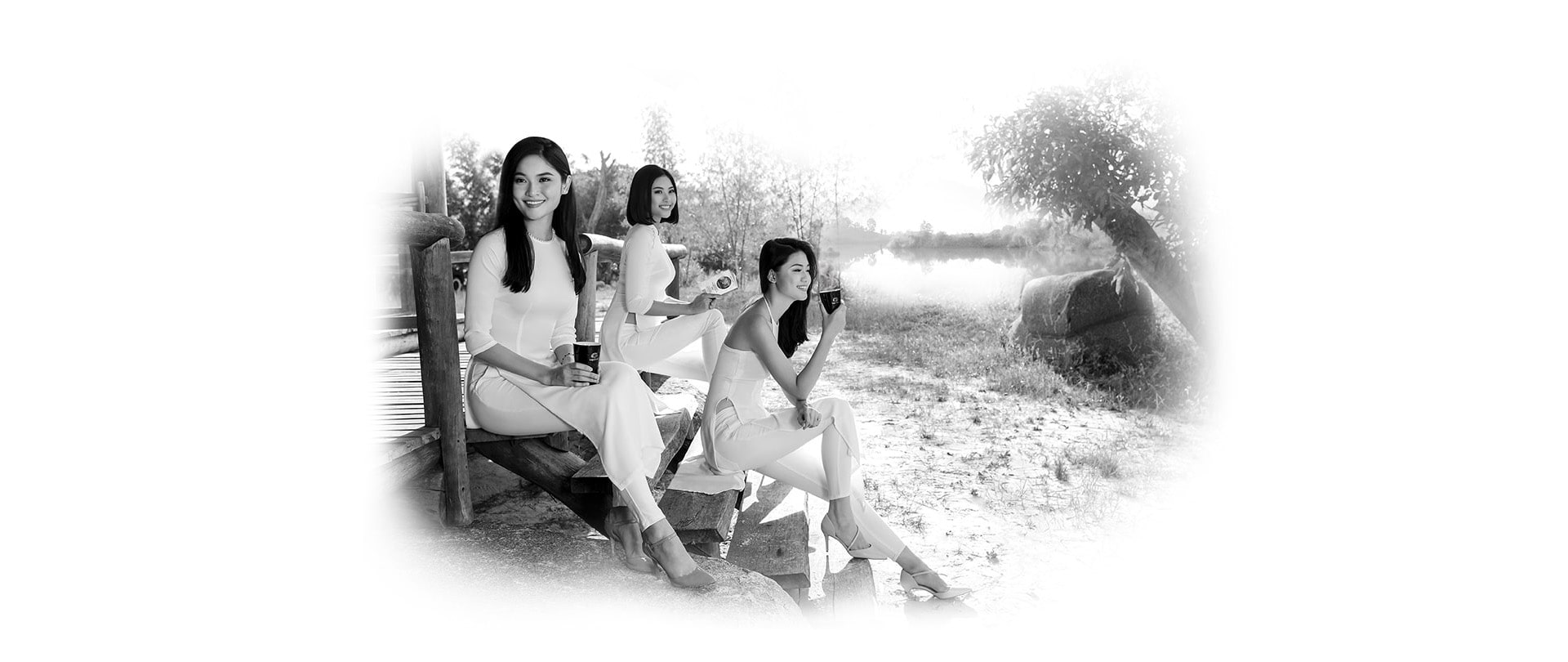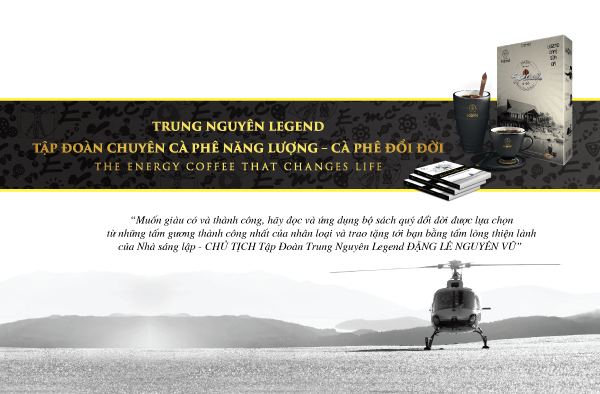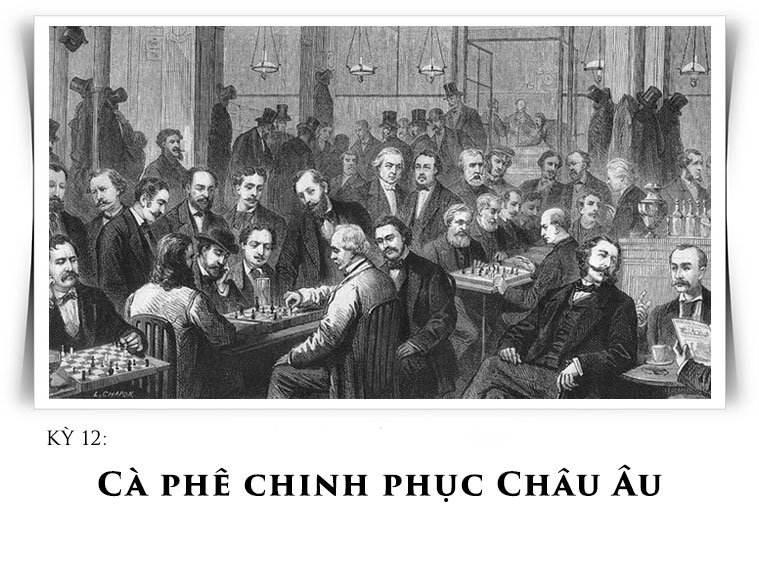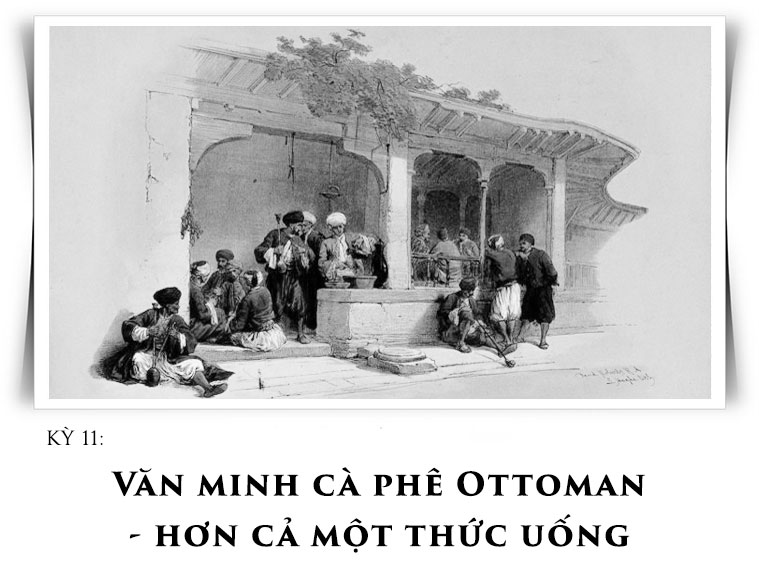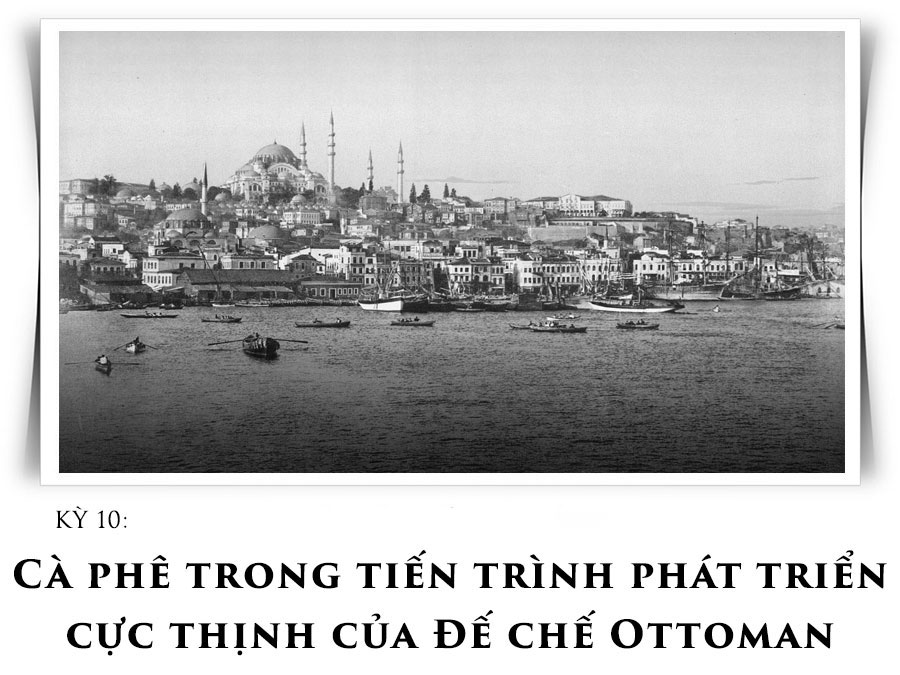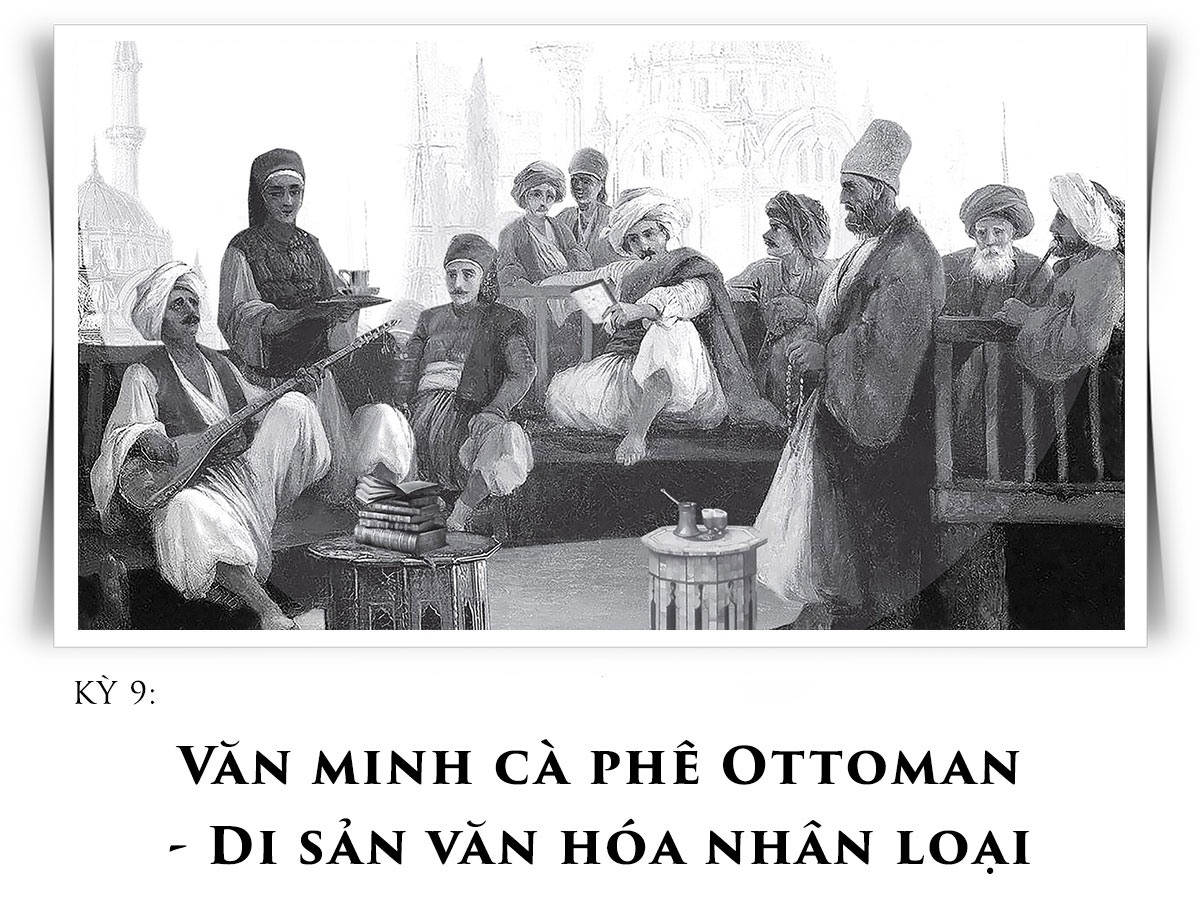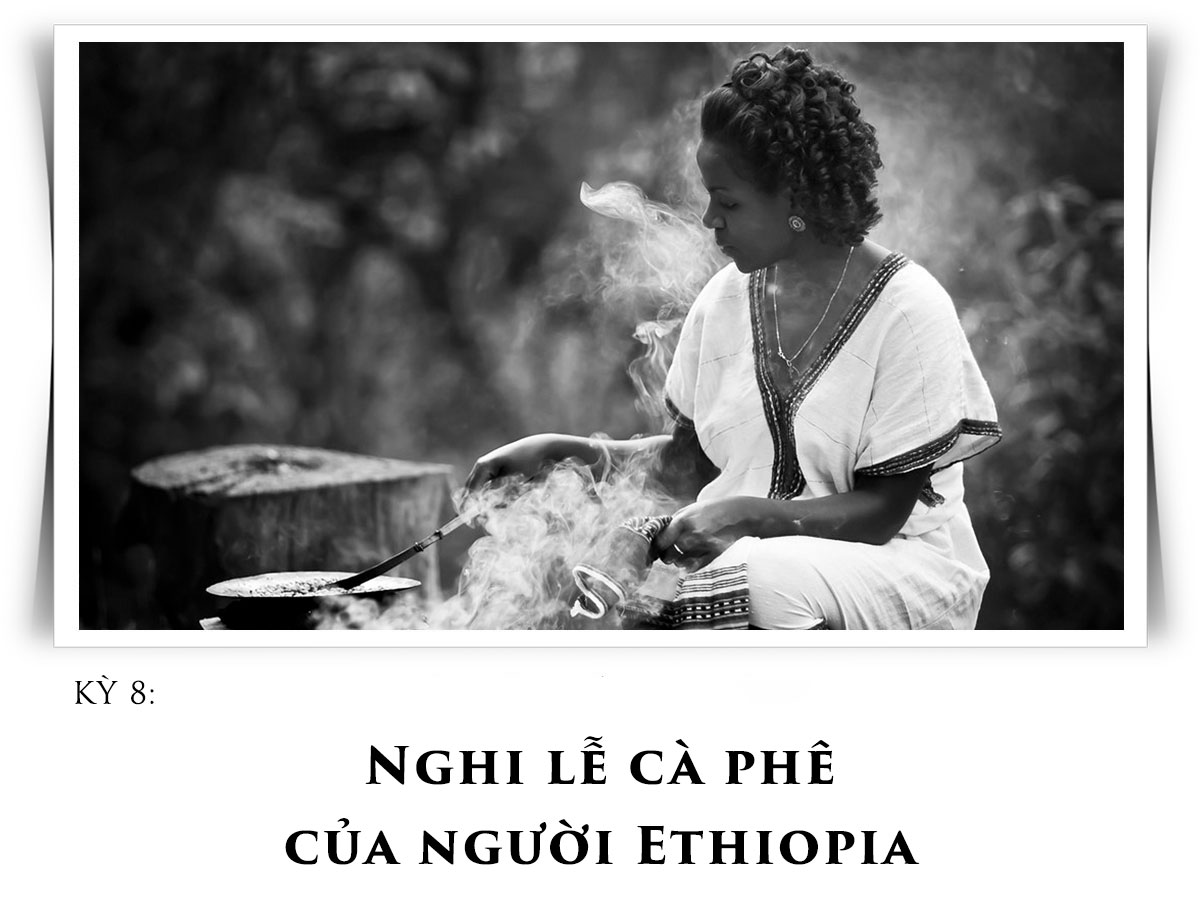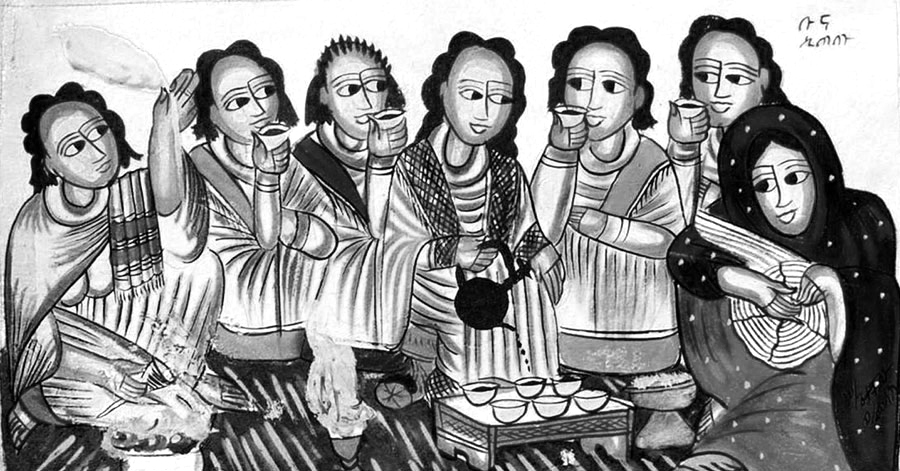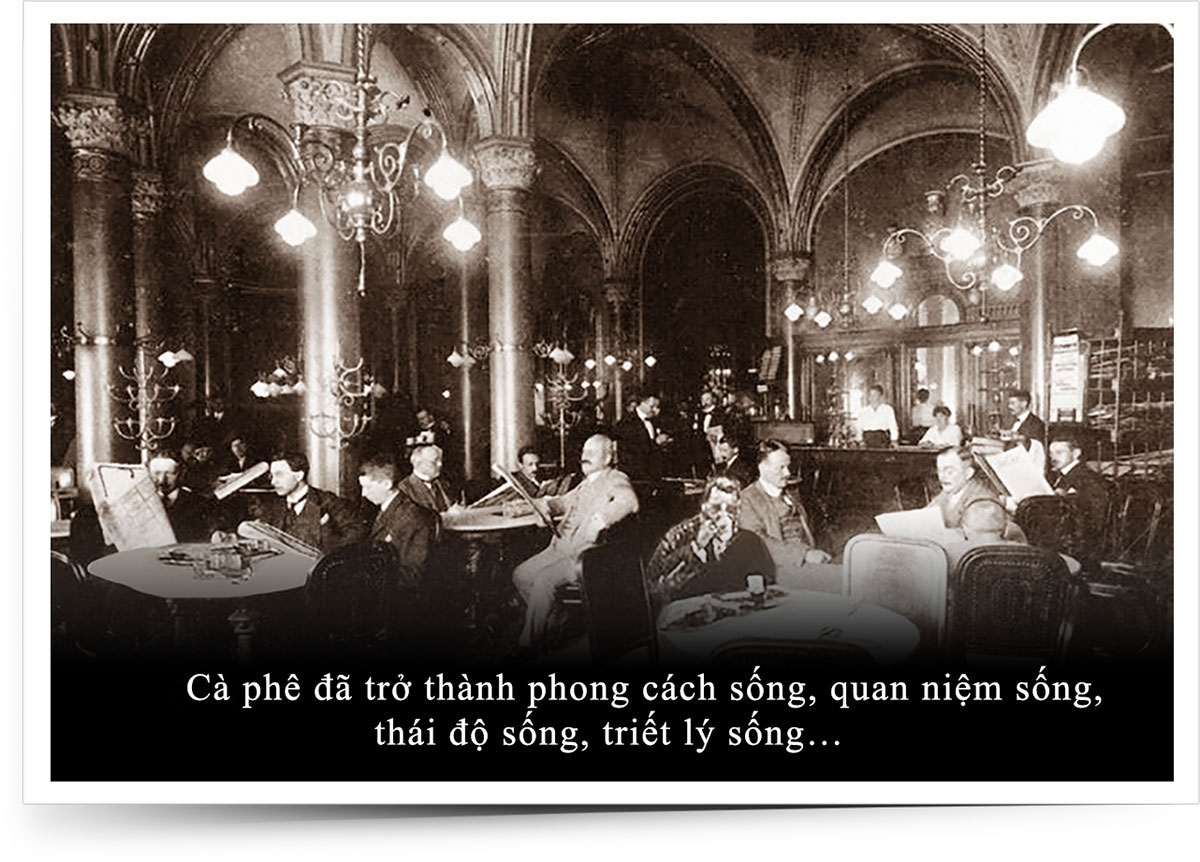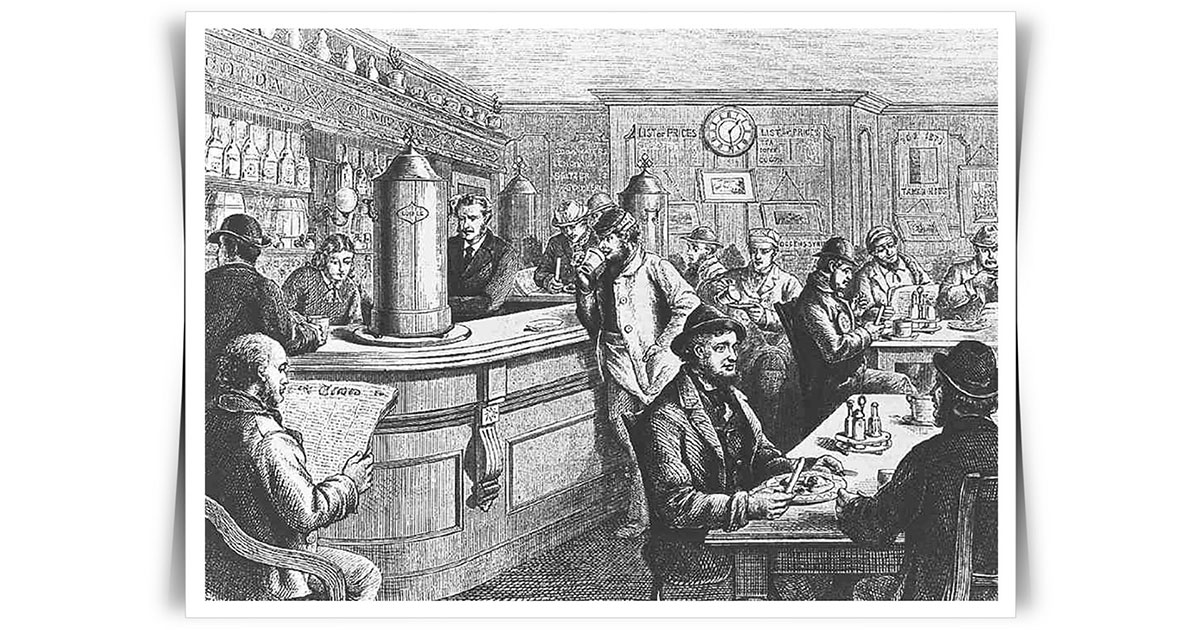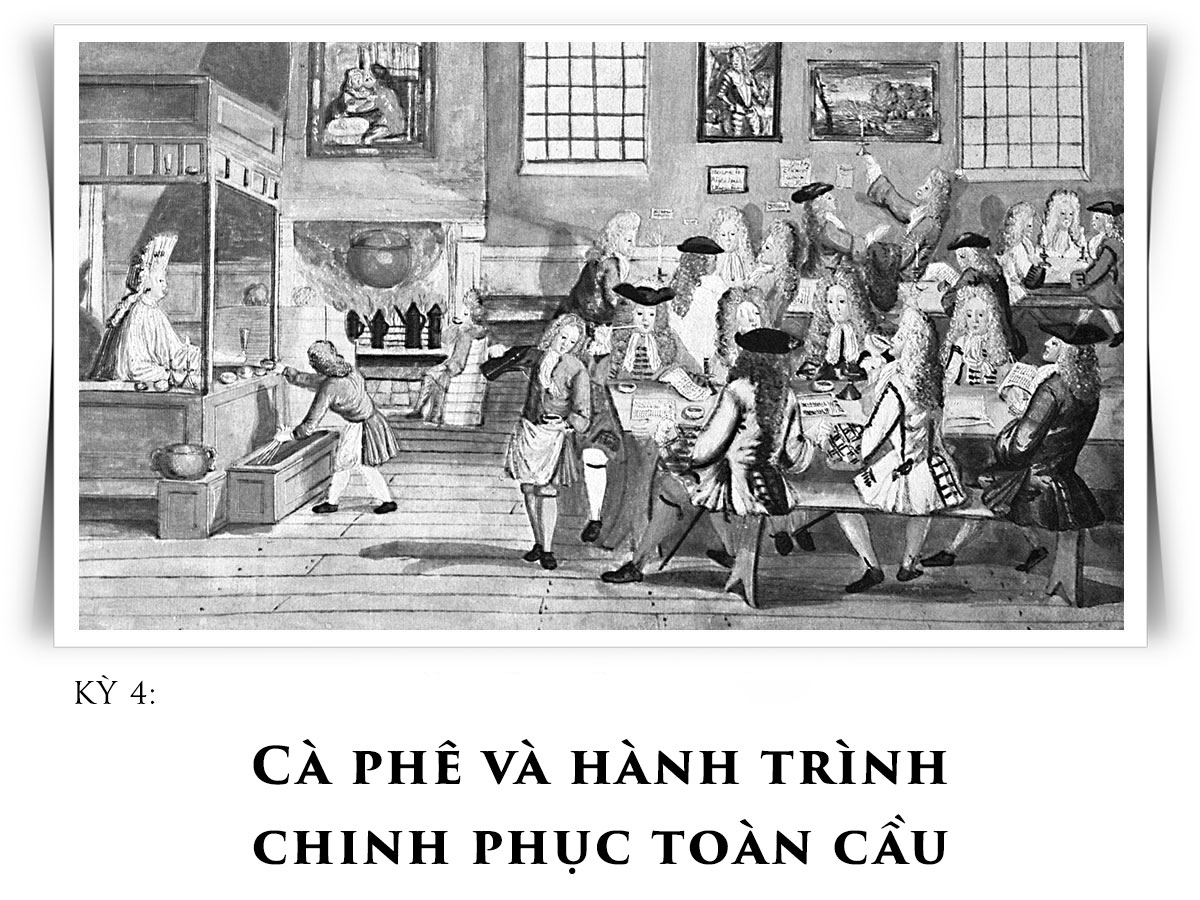-
Article 12: Coffee conquered Europe
Coffee originated in Ethiopia, established the first coffee civilization at the peak of the Ottoman Empire, and was promoted as a drink that developed the human mind during the European Enlightenment age. [caption id="" align="aligncenter" width="694"] Coffee was introduced to Europe through diplomacy between the top leaders of the East...
-
Article 11: Ottoman coffee civilization – more than a drink
Not only laying the foundation for the development of global coffee culture, more than 500 years ago, Ottoman coffee shaped its own cultural spaces and structures. [caption id="" align="aligncenter" width="759"] Ottoman coffee is not only a drink but also a collection of cultural spaces, social values and beliefs.[/caption] Ottoman society...
-
Article 10: Coffee in the growth to the peak of the Ottoman Empire
Coffee contributed significantly to the expansion of the Ottoman Empire - one of the largest states in the world, controlling a vast territory from South-Eastern Europe, to South-Western Asia and North Africa. [caption id="" align="aligncenter" width="968"] The 16th and 17th centuries witnessed the flourishing of Ottoman coffee culture, which was...
-
Article 9: Ottoman coffee civilization – Cultural heritage of mankind
Ottoman coffee civilization is the coffee civilization of the Muslim world, where coffee is considered a holy beverage, stimulating creativity. Indispensable in cultural life Since the late 15th century, Sufi Muslims have been drinking coffee during traditional ceremonies (Dhikr) at night. Coffee helps people stay awake and easily generate new...
-
Article 8: Coffee ceremony of the Ethiopian
Enjoying coffee is an indispensable ritual in the social and cultural life of Ethiopians. Attending a coffee ceremony is an expression of friendship, respect, and hospitality. Ethiopia was originally called Abyssinia and was the oldest independent country, located in northeastern Africa. This was where the Arabica coffee tree was found...
-
Article 7: Desire for prosperity from the land of coffee origin
[caption id="" align="aligncenter" width="968"] Coffee held a particularly sacred position in cultural life of the Ethiopian.[/caption] For hundreds of years, coffee has become an indispensable part of the cultural and spiritual life of Ethiopians - the land of origin of coffee. Harar was an important cultural and commercial center of...
-
Article 6: Societas coffea
From “Homo Coffea” (Coffee Man) derives the concept of “Societas Coffea” (Coffee Society), based on a simple and universal statement that “no one goes to a coffee shop just to drink coffee.” [alert type="info" close="false"] The Japanese have positioned the Tea Ceremony as a national ethic, an art of living...
-
Article 5: Homo Coffea
“Homo Coffea” (The Coffee Man), developed at the same time as the Age of Enlightenment in Western Europe, symbolized a change of life, a break with the past and a move towards the future. In light of this, coffee became the "ultimate" beverage of the capitalist economy from the very...
-
Article 4: Coffee and journey of conquering the globe
Historically, coffee was considered a catalyst to most of the inventions, innovations, as well as a commodity that changed the entire economic landscape of several countries. And today, coffee has really been regarded as the energy source for the brain, the blood of the intellectual economy, the creative economy of...

